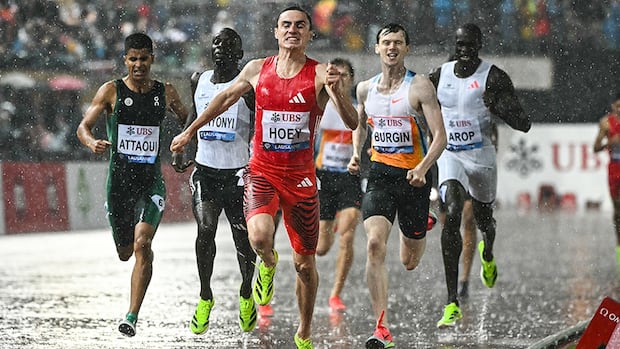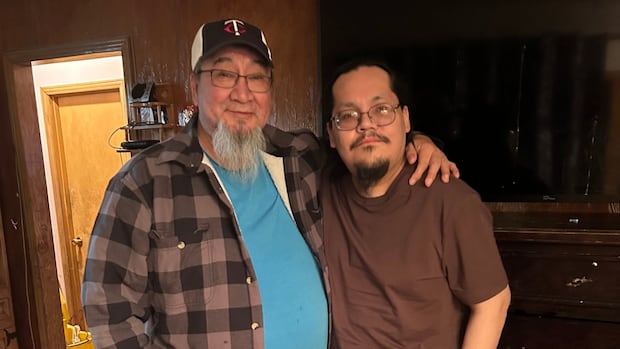Questions about possible sentences
The five men on trial have all pleaded not guilty to one count each of sexual assault; Michael McLeod is the only one facing a second charge, and has pleaded not guilty to being a party to the offence.
We’ve had some queries about the potential penalties for any convictions. (Whether anyone is found guilty is up to Justice Maria Carroccia alone).
We put the question of possible sentences to a couple of legal experts who aren’t involved in this trial.
They say sentencing is a highly individualized process.
The sentences could range, depending on the circumstances of the offence and the offender.
For sexual assault, everything is available, from an absolute discharge all the way up to federal prison time, says Sarah Leamon, a criminal defence lawyer watching the trial from Vancouver.
For sexual assaults involving penetration, the typical starting point is two years less a day in jail, she adds.
In McLeod’s case, he could only be found guilty of the second charge of being a party to the offence if someone else is found guilty of sexual assault ‒ and then, the sentence (for being convicted of being a party to the offence) could start at six to 12 months in prison, says Nick Cake, a former Crown who’s now a criminal defence lawyer in London.
In the world juniors case case, if anyone is convicted of sexual assault, Cake says, the Crown will likely seek a penitentary sentence of two years or more, while a conviction involving oral sex would be at least two years.
There is no minimum sentence for sexual assault convictions in this case because E.M. was not a minor at the time of the alleged offence. The maximum penalty would be 14 years in prison.
All the offences (which fall under the Criminal Code) qualify for anything from a discharge to custody, including a conditional sentence order (house arrest), Cake says.






